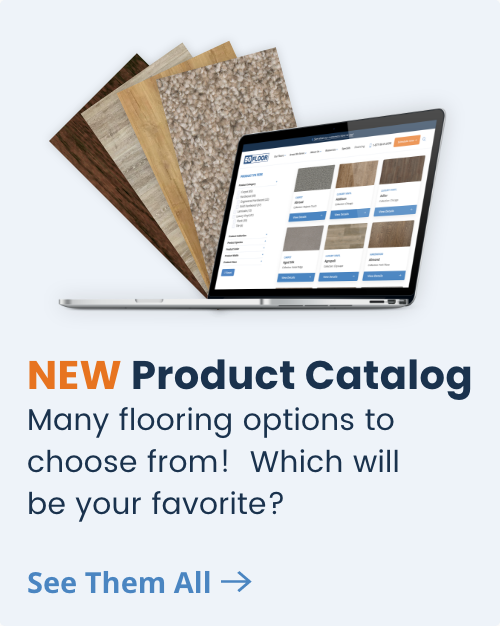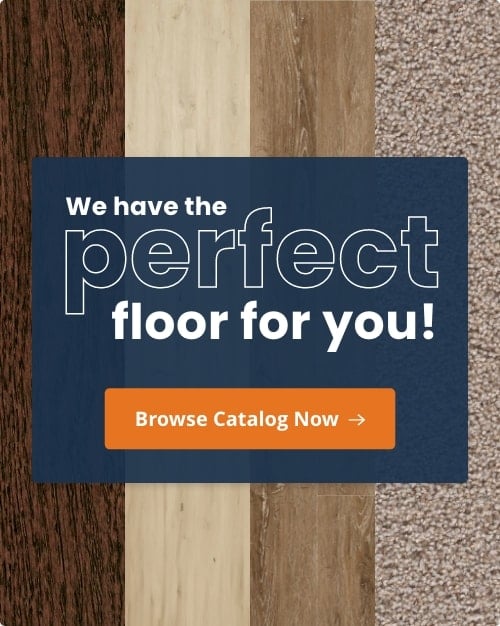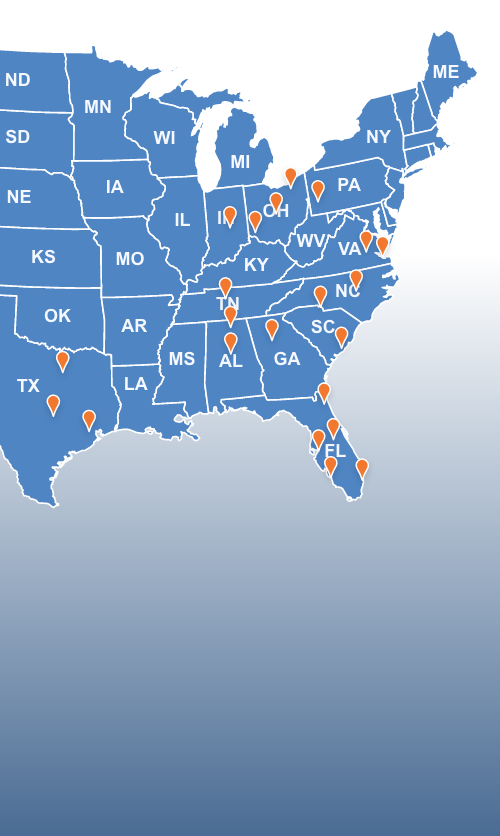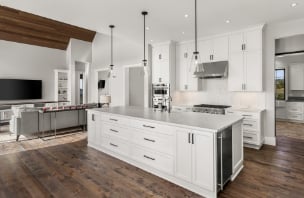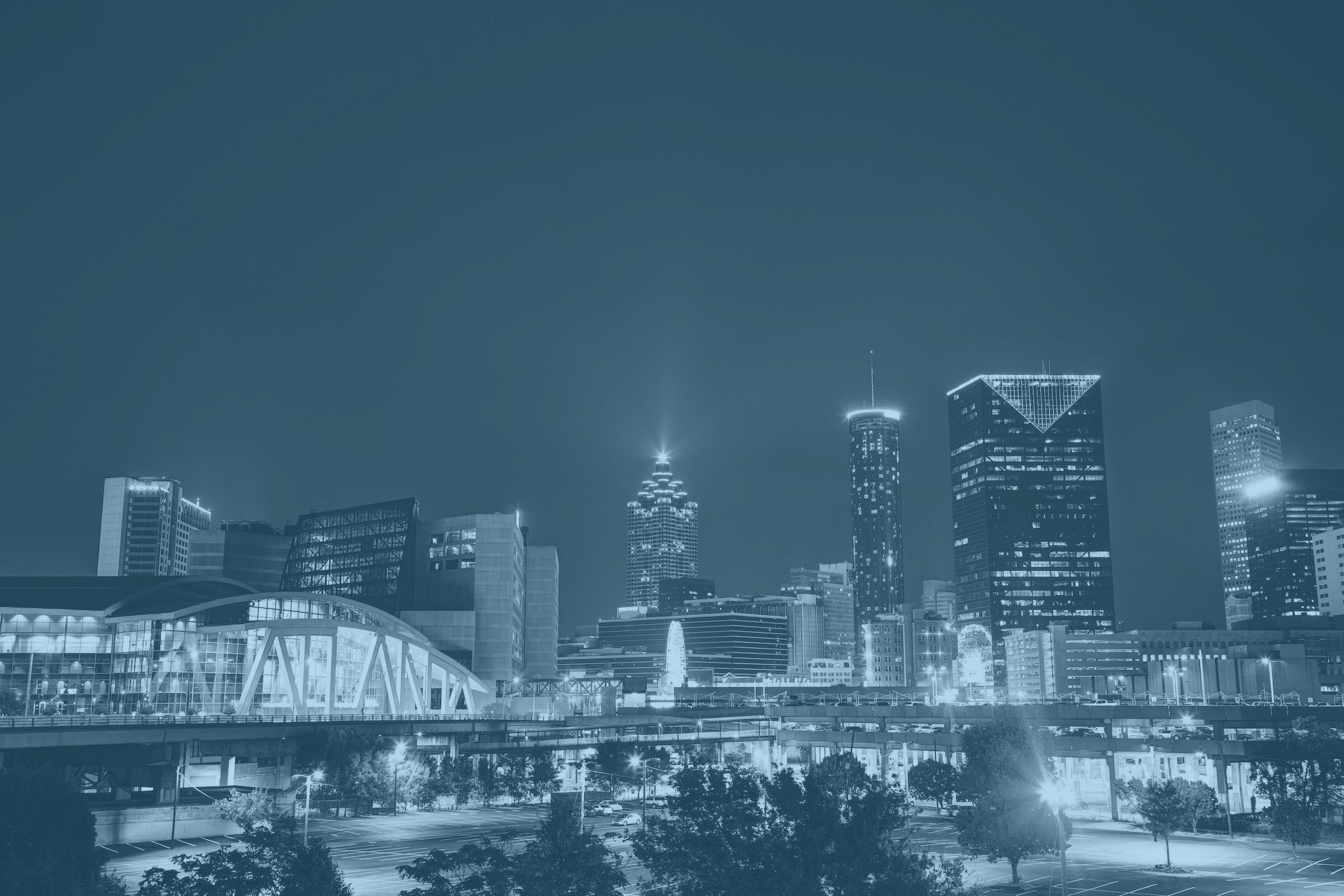Moisture Resistance
LVP’s resistant material combats not just spills but also the high humidity levels typical in the Atlanta area.
Due to the moisture management strategies built into it, LVP can withstand different environments, such as excess moisture and mildew. That’s why LVP is ideal for homes, especially in moisture-prone areas like kitchens, bathrooms, and basements.
LVP’s waterproof nature also means easier cleanup after spills or rain, reducing the risk of mildew growth and ensuring a healthier living environment.
Temperature Stability
Unlike traditional hardwood, LVP does not expand or contract significantly with changes in temperature.
LVP offers another significant advantage during the cooler months. It provides insulation, which can help keep your home warmer.
This temperature stability complements the moisture resistance mentioned earlier. Together, they make LVP a stronger choice for handling Atlanta’s weather fluctuations without the need for constant maintenance or concern over damage.
Durability and Wear Resistance
LVP’s ability to resist scratches and dents is not its only advantage.
It also boasts UV-resistant qualities, shielding it from the harsh sunlight that fills many Atlanta homes. Sunlight can fade or discolor many types of flooring, but LVP maintains its color and vibrancy. LVP’s qualities make sure that your floors will look new for years to come, without the need for constant upkeep or worry about fading.
Energy Efficiency
LVP’s inherent properties help retain warmth during the cooler months and keep interiors cool when the mercury rises. Your heating, ventilation, and air conditioning (HVAC) systems work less hard to maintain desired temperatures.
By choosing LVP, you’re not just investing in a floor that can last for years; you’re also choosing an energy-smart solution that keeps your home comfortable while reducing utility costs.






